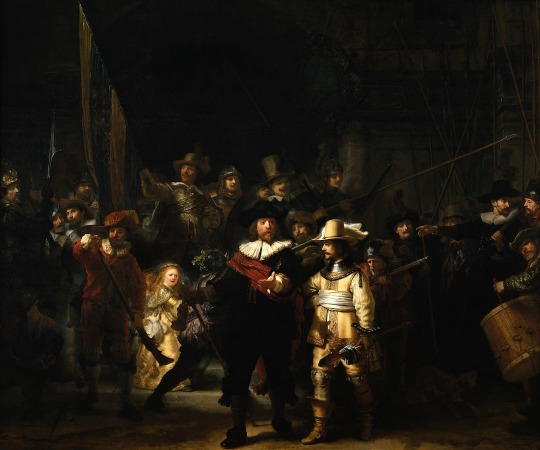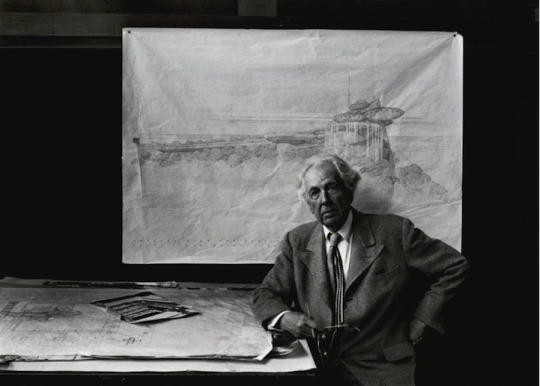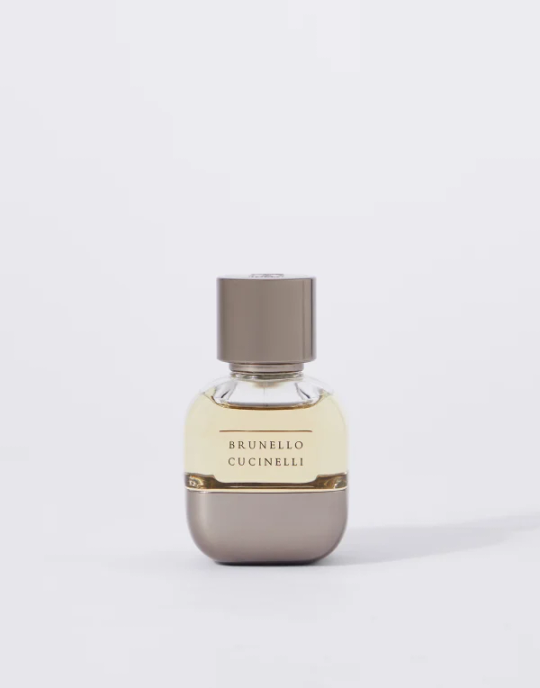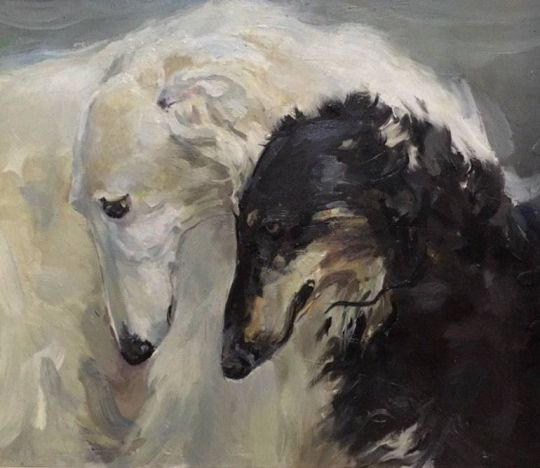Photo

Rembrandt van Rijn, De Nachtwacht (The Night Watch), 1642.
329 notes
·
View notes
Text
"I had hoped that here in the country I would experience the turn of the seasons differently, with less apprehension, I might come to see the form and plan of the world. Not to frame it within systems of understanding, of domination, no, I would work to allow the world its right to illegibility, to move in darkness. To take shape in its contact with people but to remain essentially itself. In the country, I would overcome this final difficulty at last, renounce my will to knowledge, give up my attachment to expression, and in this way come to understand the meaning of things."
— Sarah Bernstein, Study for Obedience
9 notes
·
View notes
Text

Frank Lloyd Wright photographed by Arnold Newman, 1947
7 notes
·
View notes
Text
"The distinction between Firenze and Florence that I mentioned seems inspiring. These are two realities, built on top of each other, which overlap geographically like different levels of reality, although they are impenetrable [...]. As for other important Italian cities, we can also talk about a similar split between the world in which the locals live, increasingly dependent on newcomers, and the world of tourists, mentally and materially far from the first one. Venice continues the long-standing tradition of a spectacle performed for tender souls, onlookers and newly married couples; For centuries, losing its financial and political importance, it became a hotbed of entertainment. Rome is called the Eternal City for a reason and combines many functions: religious, aesthetic, sightseeing; this has been the case since the early Middle Ages. The old European passion for travel and the pursuit of wonders of the world could be realized there, especially since there was enough material for many categories of travelers - from pilgrims to scientists. The history of Rome seen through someone else's eyes creates a huge library; few places on our planet have been described and admired to such an extent."
— Ewa Bieńkowska, Historie Florenckie. Sztuka i polityka (translation mine)
11 notes
·
View notes
Text
If you persevere, in time you will have an entirely different problem – not that life is meaningless, but rather that life has almost too much meaning. As the scales fall from your eyes the world rushes into focus, presenting itself with a kind of vibrational eloquence that can, at first, be almost overwhelming. Everything shimmers, everything clarifies, everything wrestles for your attention. Trees feel super-real, their roots plunged into the earth, their branches stretching to the sky, birds are flesh and blood souls, fragile with life, the sky unfolds and rolls, the ocean crashes, people fascinate, books are beautiful, children are whirling dynamos of chaos, dogs bark and cats meow, flowers shout, your neighbour glows, and God runs like a helix through all things. The world awaits you, humming with meaning. You are alive with potential. You are not dead.
— Nick Cave on getting clean, Red Hand Files #258
7K notes
·
View notes
Text

Needle Juniper, Bonsai & Penjing Museum, Washington, DC
photo: David Castenson
611 notes
·
View notes
Text
Cooking is not about convenience and it's not about shortcuts. Our hunger for the twenty-minute gourmet meal, for one-pot ease and prewashed, precut ingredients has severed our lifeline to the satisfactions of cooking. Take your time. Take a long time. Move slowly and deliberately and with great attention.
Thomas Keller, The French Laundry Cookbook
878 notes
·
View notes
Text

Women's Fragrance Brunello Cucinelli Pour Femme, 1.7
2 notes
·
View notes
Text
"Venice, caught in the middle of its daily routine, is constantly busy with something. Perhaps this is caused by the presence of water, which imposes mobility: here it is impossible to stop, one must head one way or another. Also in the narrow streets there is no room for staring, for standing out. Elderly women carry bags of provisions, as they do everywhere, men covered with plaster carry buckets of cement, someone unloads packages from a barge, two girls hurry somewhere in the streak of morning light that broke in through the narrow passage between corner houses. Even the tourists encountered in this Venice of the afternoons seem busy: here you can see that sightseeing is a serious activity that consumes masses of time, practically a whole day's work, physically exhausting and morally stupefying. Only in Piazza San Marco can you meet tourists who are truly happy: they do not demand anything from each other, they move like algae in the sluggish current of the crowd. They stare - but not too much - feed the pigeons, laugh. Because there is such a mass of them, lost among them are the silhouettes of Venetians who cut through the square in a hurry, the only land connection between the Castello and San Marco districts."
— Ewa Bieńkowska, Co mówią kamienie Wenecji (translation mine)
11 notes
·
View notes
Text
[A critic is] someone who […] loves experience. I think it’s a disposition that comes even before attention to art. It is someone that looks at any phenomena and wants to extend their life by paying attention—by analysis—[by wanting] to juice this aspect of experience for all that it’s worth. Someone who is, in one way, battling death by saying I can extend this moment, and this one, and this one by way of attention. And so the best way to practice that disposition happens to be on art and therefore, [the critic] uses their taste, uses their standards, uses their whole apparatus of judgement, really, to express a kind of joy of being alive at the same time as the thing.
— Vinson Cunningham's response to the question, "What is the work of a critic today?" on The New Yorker's Critics at Large podcast
29 notes
·
View notes
Text

An Egyptian painted pottery vessel from the Predynastic period (c. 3400-3200 BC) sitting on Rose Uniacke’s drawing room table, in front of a rare tabernacle frame carved from marble in the mid 15th century.
5 notes
·
View notes
Text
“The essential thing is to work in a state of mind that approaches prayer.”
— Henri Matisse
1K notes
·
View notes
Photo

Philip Johnson Glass House
Barcelona Chair by Mies Van der Rohe
Barcelona Couch by Mies van der Rohe
59 notes
·
View notes
Text
The importance of The Prince would be profound, marking a crucial step in our European political self-understanding. Here was the necessary hypocrisy we needed to live as moral beings within an efficiently ruled society, one that sought to thrive (or simply survive) on that international scene. This remains the pluralism at the heart of Western culture: the inherent contradiction between spiritual and civil life, between the values of our principals and the values of our practice. Such pluralism involves the ability to accept this dichotomy and live with it, which in turn involves a logic-defying sophistication (or cynicism).
— Paul Strathern, The Medici
5 notes
·
View notes


